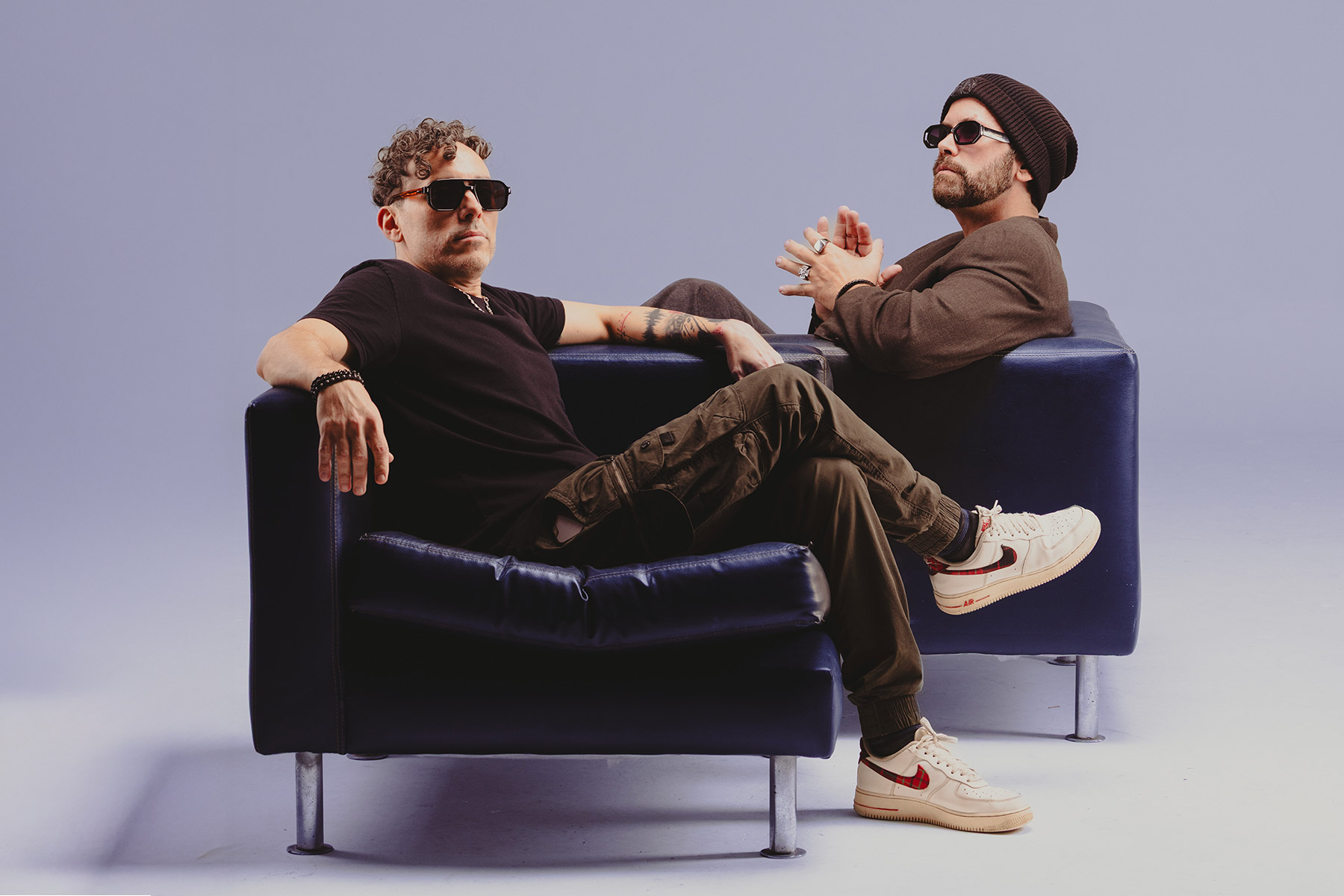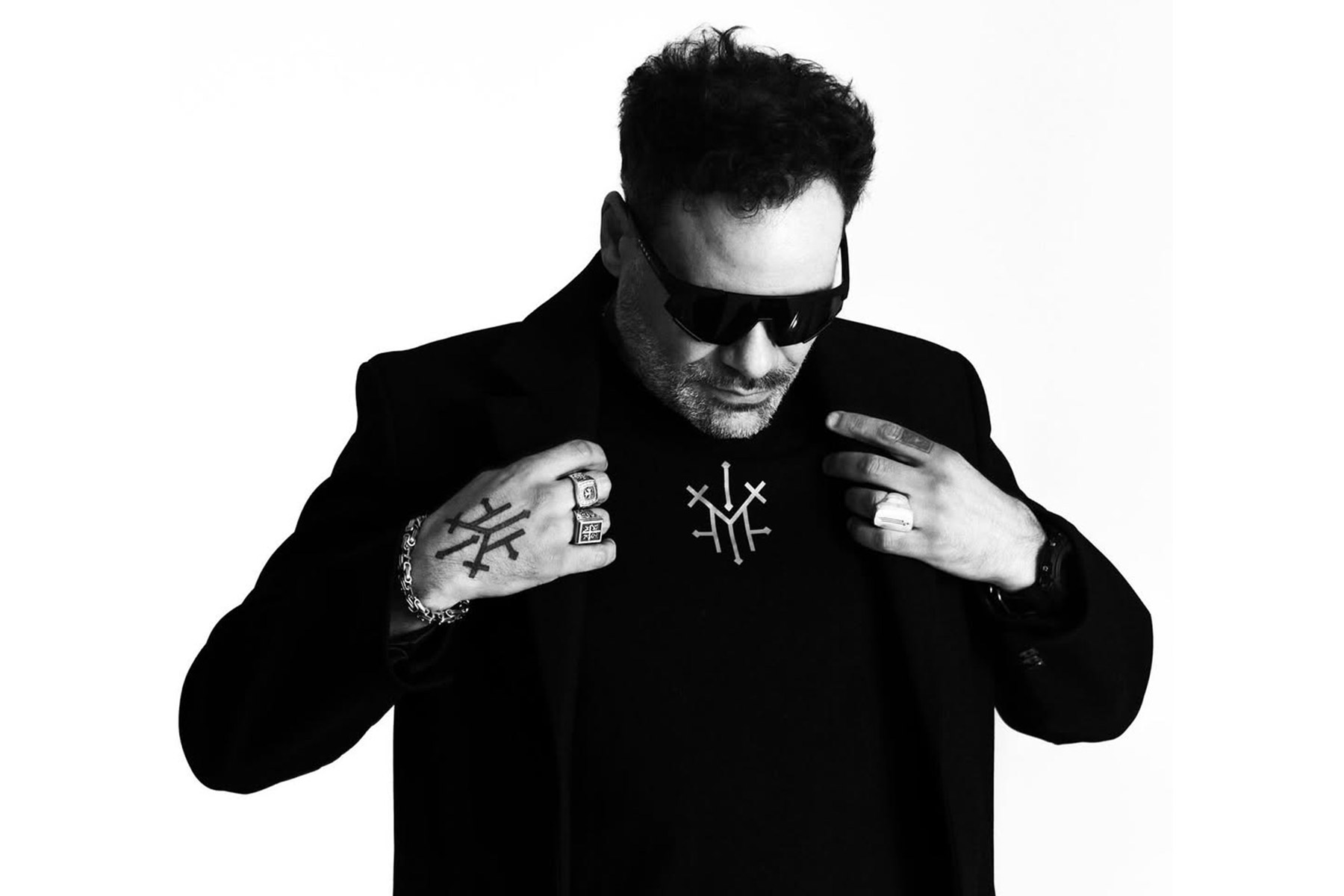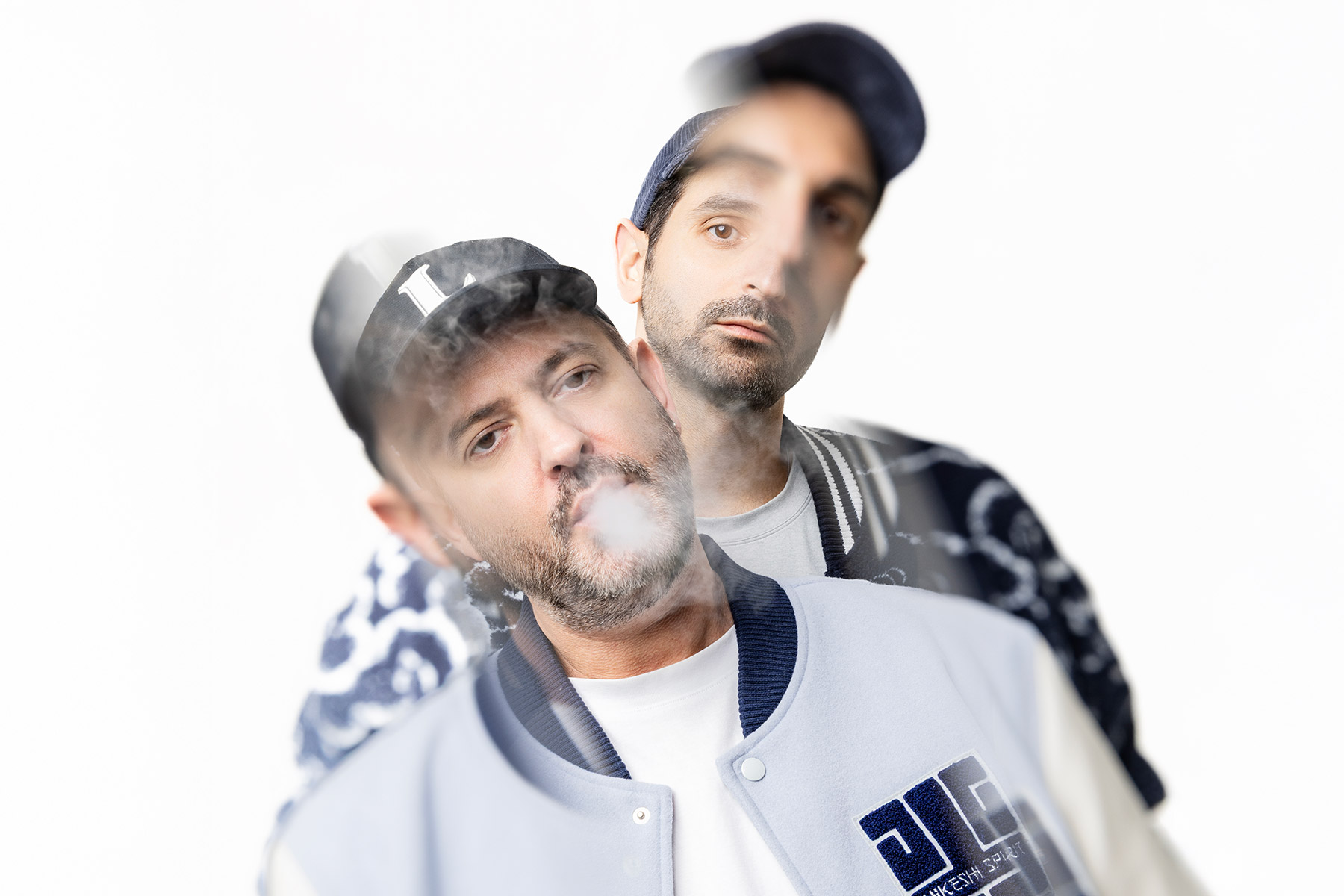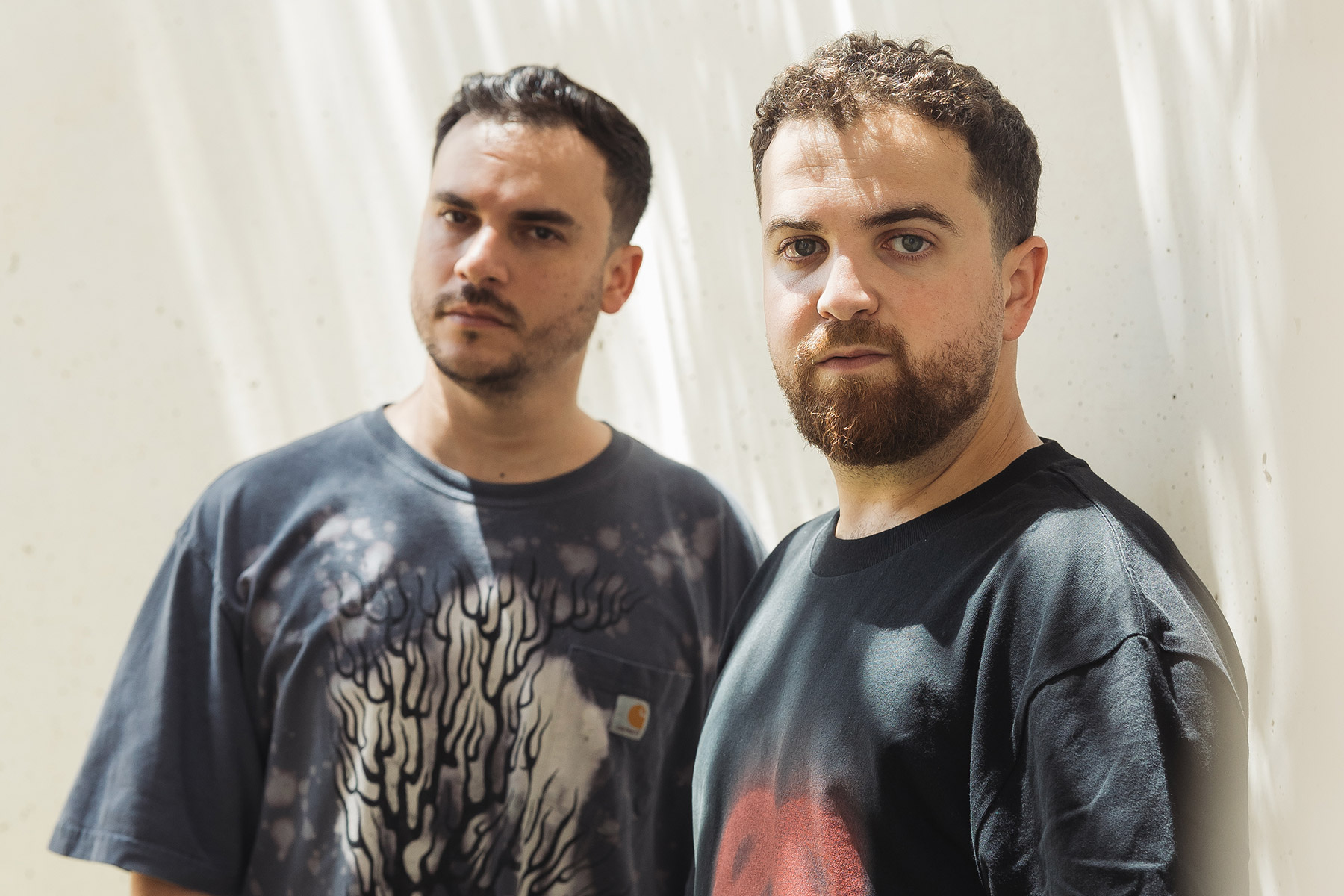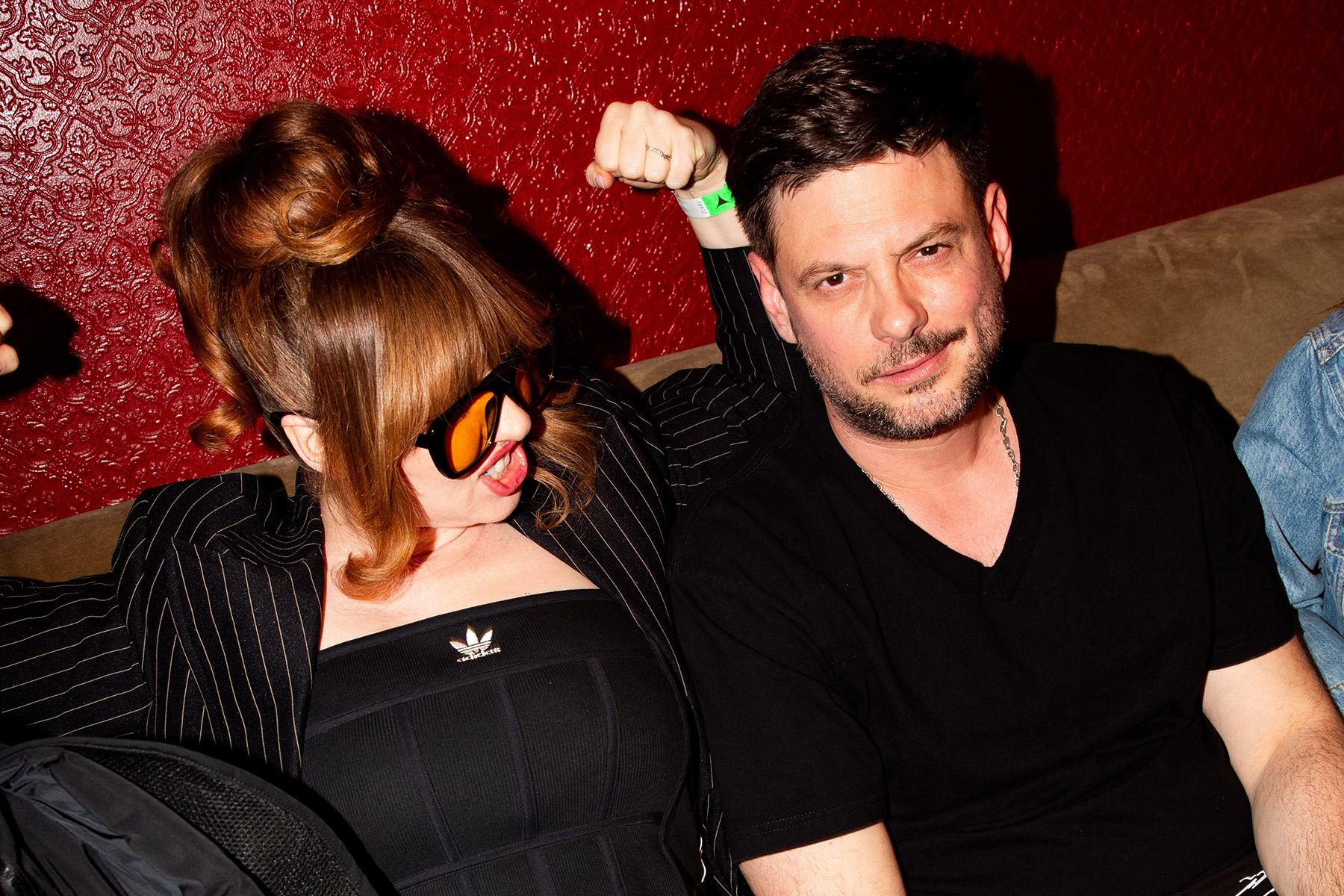Photo Credits: Marie Staggat
Steve Bug is one of electronic music’s true originals. His relentless commitment to quality – both in his own work and in the many producers he has championed – has made him one of the world’s most revered artists and curators, and along with his labels Poker Flat, Audiomatique, Dessous Recordings, Traffic Signs or Raw Elements has made a sizeable contribution to building the European house and techno scene as we know it.
We had the chance to chat with Steve Bug that is currently celebrating 20 years of Poker Flat Recordings.
Electronic Groove: Hey Steve, a big congratulations for Poker Flat’s 20th birthday. The label has been running for a full two decades now, putting out over 300 releases. Can you describe some benchmark tracks that have come out on the label; one’s that have remained in your memory over the years for whatever reason?
Steve Bug: Hello EG, thanks for the invite. The ‘Trentemøller’ album has been our proudest album release, but also the first release ‘Loverboy’ has made some serious noise for more than a decade, other tracks that are coming to my mind are John Tejada’s ‘Sweat (On The Walls)’, Berkson & What’s ‘Ghosts’, Martin Landsky’s ‘1000 Miles’, Alex Niggemann’s ‘Materium’… I could go on for the whole interview, (laughs).
EG: Obviously a label running as long as Poker Flat will end up releasing a wide array of tracks- can you describe how the output’s sound has evolved over time? Have your choices on what to release changed with age and experience?
Steve Bug: Well, the sound generally has evolved. But it’s hard to wow anybody after more than 30 years of house & techno. For the label, I’d say we grew with the artist roaster, and even though we’re not following trends, we are all influenced by the music around us. I’d say the sound has become slightly more complex and a little more melodic in some cases. But the reason why I decided to release something is still the same. If I hear something that truly moves me, and I have this “oh yeah, this could be the next poker flat” moment, I will release it. I can’t really describe it, it’s a feeling. I know that many other label bosses play tunes out before they make a decision, and sometimes they even take half a year to make that decision, blocking the artist releasing it elsewhere in this time, sometimes even rejecting the track in the end. But I’ve never worked that way. It may be more efficient when it comes to knowing what people out there want, and you might sell more records, it might also save you the monopoly on playing a tune out for a while, but for me, it was never about making money. Of course, we all have to survive, but if money is the main motive, I’m out.
EG: You were releasing music on other labels before starting Raw Elements and Poker Flat, stating in previous interviews that the reason you founded them was to surround yourself with like-minded individuals and to release music that you wanted to support. Did this realization come over time as the next logical step, or was there a defining moment whereby you decided to start a label?
Steve Bug: No, that was the vision from back then, and it still is today. If someone sends me an amazing track, I feel I have to release it. And it’s great to be surrounded by artists with likewise mindset musically.
EG: We have heard talk of Poker Flat bringing out a sister label. Are you able to talk about this at all?
Steve Bug: Yes, I think we’re at the point, where the cat is out of the sack. To me, there is a comeback of rather basic tracks, I also started playing and charting more of these tunes next to the other stuff I play. So the artists who produce this kind of stuff started to reach out, and I started connecting with them over social media. Finally, they started sending tracks, that I really liked and they somehow didn’t really fit in with what we’re releasing on Poker Flat right now. But since I can’t let good music go, we decided to start a sub-label. It will be called Sublease Music, and the first release by Kellie Allen will be released in September. I would say the sound sits in-between modern house, minimal and deep tech.
“We simply don’t follow any trends, we are what we are”
EG: How important or beneficial is it to be an artist before starting a label?
Steve Bug: Well, first of all, it’s good because you already have the first artist to release on the label (laughs). In electronic music, I always liked labels that have one or more artists behind them, I think their vision is easier to understand. And there is someone who already stands for a sound. I’m not sure if its beneficial though to be an artist, and I don’t wanna say that labels run by a non-artist can’t be good though, but most labels I follow for a long time, are run by artists, who also releases on the label.
EG: Has there ever been a time where you have questioned your place in the music industry or have you always been steadfast and confident in what you do?
Steve Bug: In the late nineties it felt like you either had to be cheesy filter disco house on the one side and the hard Schranz techno on the other, a lot of the time I wasn’t either cheesy or hard enough with what I was playing. I remember I was considering quitting if this had gotten much worse. This was the moment I founded Poker Flat, and with the new millennium, everything changed for the better. It went from big raves and fancy clubs, back to more shady underground places. A new league of promoters who did what they did for the love of the music and not just for the money. In my opinion, some of the very best years for house and techno followed… until the really big business took over.
I do worry that two decades later we’re in a similar state to how it was in 1999, just on a much bigger level. Now we have huge agencies and managements who are pushing fees to the limit and making deals behind closed doors about who will be big over the coming years. And again, for me it feels like both cheesy music and hard techno is quite big at the moment: that’s where the big money is being made, so that’s where a lot of artists tend to gravitate.
However, I’m remaining positive that things will change again and electronic music will go back to where it belongs: in dark and sweaty clubs with a damn good sound system and a crowd that doesn’t care what they look like on the dancefloor. I get that there’s an argument for saying that there’s a place for everything, but that’s definitely where I prefer to play and experience music. It would also be great get to a place where true talent always comes first and social media doesn’t play such a big role, although, with the prominence that online ‘profile’ seems to have in an artist’s career these days, that might just have to remain a hope.
EG: Resident Advisor recently put out an article about music events and their relationship to climate change. The knock-on environmental effects of the music industry has been overlooked in years gone by; festivals have not been held accountable for the waste they generate, touring DJs will fly hundreds of times a year, vinyl is still a thing for many despite digital music taking away the need for them- what is your stance on the music industry and the carbon footprint it creates and is it important for artists to be more aware of it?
Steve Bug: Well, this is a difficult topic. It’s hard to answer in a few sentences, and not to end up writing a book about it. This industry definitely doesn’t leave a huge footprint in greenhouse gases. Imagine all the people traveling to festivals, all the power that is needed to power the sound & light systems, all the stuff that has to be transported to the sites, to build stages just for a weekend, etc. And on top of that, the deejays who fly in and out, maybe even by private jet, because they are playing two more festivals on the same day. I’m pretty sure, they leave a yearly CO2 footprint of an average European in a day, or two. The suggested amount of CO2 to stop climate change per person is around a tenth of the average consumption. To live up to that we’d have to make so many changes in our daily lives. It’s also said, that the internet consumes as much energy as global air traffic, it produces hundreds of million tons of CO2 per year, yet many people use it almost all day without even being aware of that.
Another fact is that the human population has doubled itself since the seventies. I mean that’s crazy, in 1927 there were only 2 billion humans, now we’re almost 8 billion. In less than a hundred years, we became 4 times as many. No wonder we run into more and more problems. We are so far away from buying/using only things that we really need. Marketing has made us slaves of consumption. I’m digressing already, but as I said it’s a difficult topic.
I’m aware of my footprint and I do pay compensations where I can, and I know that may not be enough, but at the end it’s the job O love and it grew into this. When I started deejaying, we barely traveled to other cities to play. Most of us had weekly residencies. But with the growth of the business, and deejays becoming rather pop stars, of course people from all over the world want to see (and hopefully hear) their favorite artists play next to their city. It is still easier to bring one person to the crowd, then the whole crowd to the Artist. DJs/Live acts can’t do what they do, by staying in one place, nowadays. But there are many other people who fly constantly around the world just for meetings, that could have also taken place on Skype or so.
We all, not only us artists, should be more aware of our actions and the effect on the climate. But I do think we will need strict regulations if we want to stop climate change. In my opinion, humanity needs to absolutely re-think everything from scratch – everything! Maybe we need to go back a few thousand years to understand what is truly necessary. We simply can’t continue living this way.
EG: Do you feel any responsibility as someone who has been working professionally in music for many years, to set an example to younger generations? Can you explain why you feel one way or the other?
Steve Bug: When it comes to the music industry, I do. I think it’s important for younger artists to understand that it’s not all about what they see in social media. The basics of the job are elsewhere, and the industry is a tuff one, it’s not all shiny and awesome. But if you work hard and constantly, if you have your own vision, and stay true to yourself, you will probably make it at one point. Don’t try to be what something that someone else already is. Don’t jump on every bandwagon. Don’t become a slave of social media, never let anyone turn you into something you’re not. There will be plenty of downs, and hopefully, there will be plenty of ups as well. Wake up every day and try to be better than the day before.
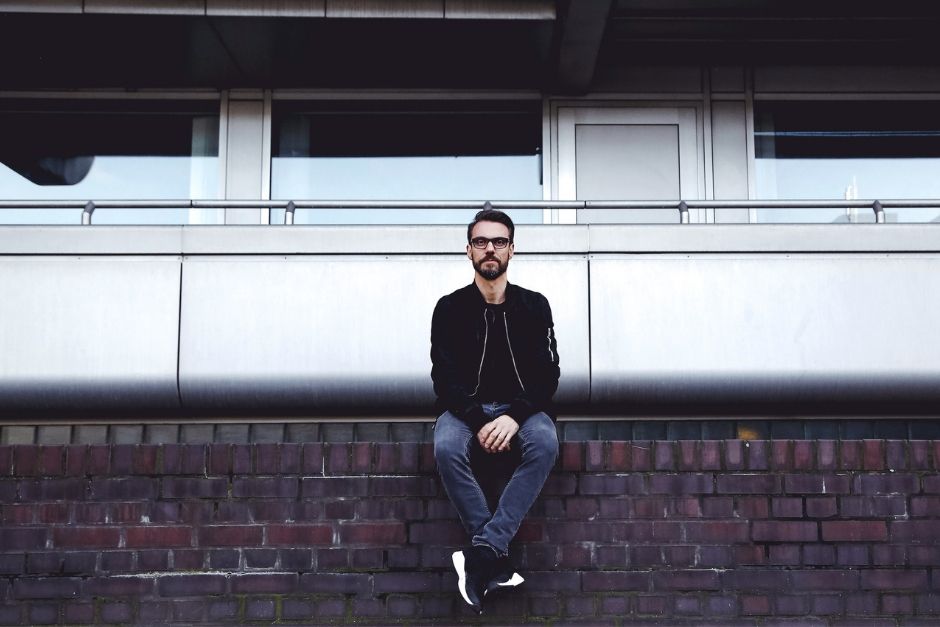
EG: Poker Flat’s slogan is ‘Out of fashion since 1999’- what is the philosophy behind this phrase?
Steve Bug: We simply don’t follow any trends, we are what we are. We release quality music, that stands the test of time. But it’s also us looking at our place in the industry with a big wink 😉
EG: Music that deviates from the mainstream accommodates subcultures in society because it creates spaces for individuals who do not fit the norm. You have said in the past that a label’s sole purpose is to release music. What other ‘institutions’ (venues, promoters, etc.) should be involved in creating a community around the music the label is releasing and how should they operate in order to be collectively successful?
Steve Bug: I don’t think you need a club to create a community around a label. But yes, decisions that venues, promoters and others make, can change the perception of a label, as I said above if enough people decide to go in one direction or another it can move mountains. As long as everyone is just doing what everyone else is doing, nothing will change. So giving platforms to labels that have a particular sound, and/or support artists that play this kind of sound can help to create a buzz.
“If you work hard and constantly, if you have your own vision, and stay true to yourself, you will probably make it at one point”
EG: What can be described as un-fashionable can, in turn, be political. What are your thoughts on this notion and how much of a statement can be made by labels going against the grain, refusing to release music based on trends?
Steve Bug: As I said above, my intention is to release music that I personally feel, I won’t choose music that is unfashionable to stay more underground for example, some people do that. Neither I would change the sound if what we’re doing is suddenly in fashion. We’ve been there, and we were definitely enjoying these days. But maybe because I’m around for some time now, I know what I like, and what I not, I don’t need the masses to tell me what to like or not, and I am also not afraid, to be a part of a trend and the problems you have to face when the trend is moving on. If you’d compare my mix compilations, my sets, or my podcast, from the past ten-twenty years, with nowadays mixes, you’d discover that the keynote is very similar, even though the sound has slightly changed. I always find it weird when an artist, or a label that’s around for more than 5 years suddenly completely changes the sound. I think in 5-10 years you should’ve found yourself sound-wise. You can still experiment with it, but to me completely jumping from one sound to another is rather weird.
EG: Do you have any ideas about where you want to take Poker Flat over the next few years and how you hope to progress or do you prefer to take life as it comes?
Steve Bug: I always prefer to take things as they come, we are celebrating 20 years of Poker Flat right now, and I could have never imagined, that we’d reach this point when we first started.
https://www.facebook.com/stevebug/videos/402636143936160/
Follow Steve Bug: Facebook | Instagram | Soundcloud




